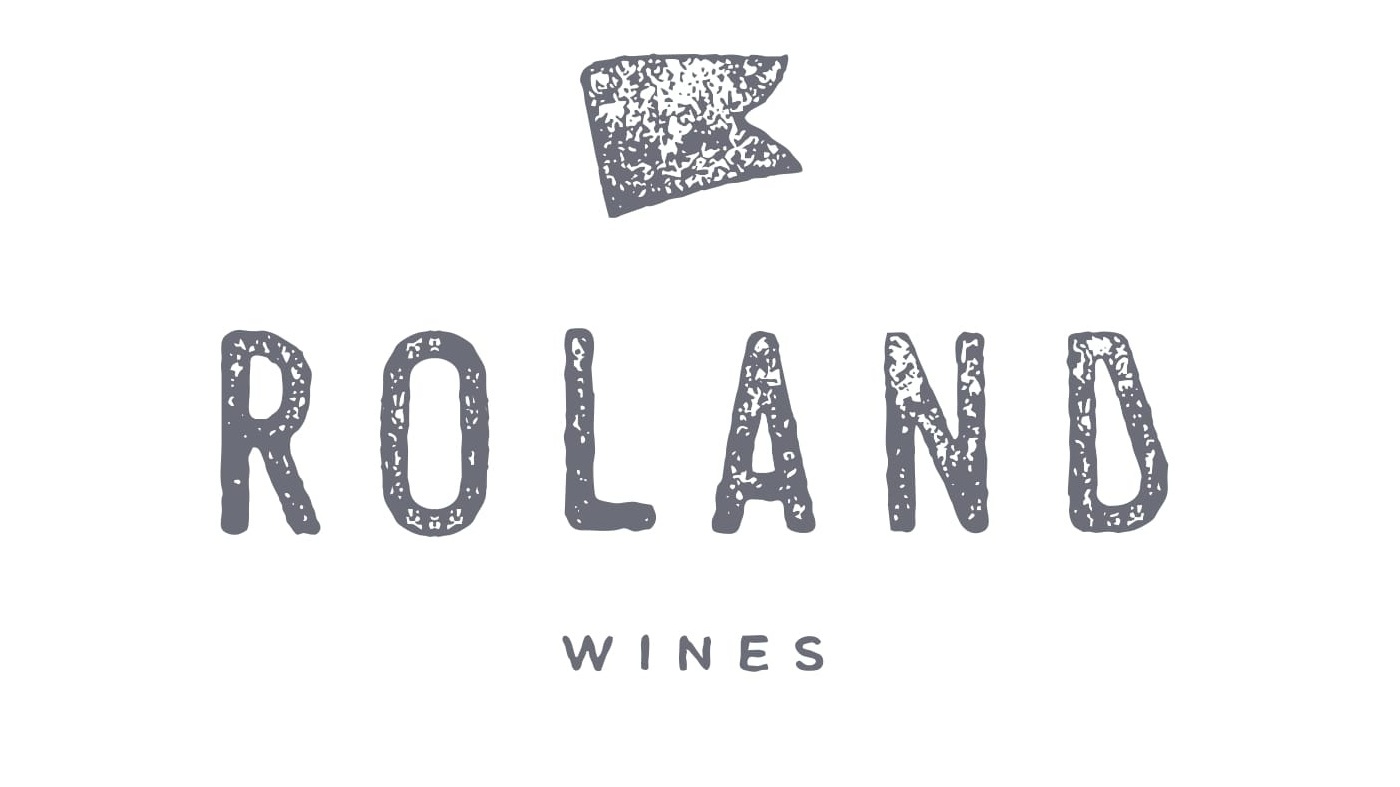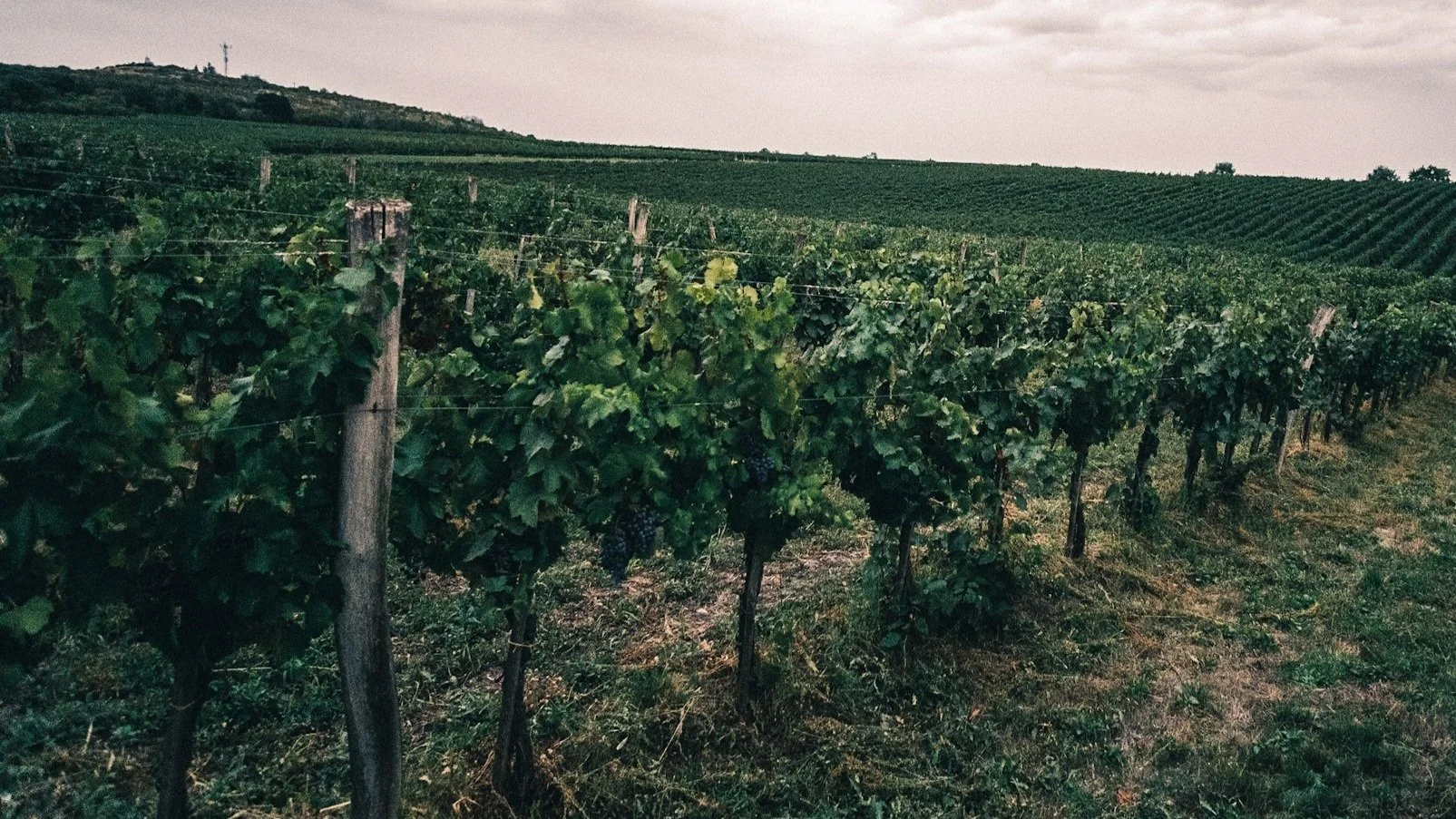WHAT IS NATURAL WINE
While there is no legal or exact definition of natural wine globally, the term is often used as an umbrella to encompass hand-harvested grapes, small independent winemakers, minimal or no chemicals used in the vineyards or cellars, low intervention, Biodynamic, organic and sustainable practices. Depending on the winemaker's ethos and the needs of the vines, soils and climate, they will decide what intervention if any is needed.
France has taken a big step forward and defined Natural wine, www.vinmethodenature.org, While these rules are not exact they highlight the beauty of working with nature and its variables while giving a framework for winemakers to follow.
The term “natural” can be confusing as there are many variables in winemaking. Each winemaker, Farmer, Sommelier, ecologist and wine enthusiast will have their views and ideals on how this should/can be achieved. We meticulously study and work with our producers to ensure we are in sync with our ethos and our core values are not only met but exceeded.
A common misconception about Natural wine is that it has a specific flavour, Natural wine is the term for the techniques used to cultivate and process the grapes, the flavour is all down to how the winemaker and grapes can express themselves. You will find the range to be classic, clean and elegant all the way to Juicy, tart, funky ( in a good way) rustic and full of energy! each vintage is unique so year to year the same natural wine can change massively or be very similar to the last, this is the romance of working with nature instead of trying to force nature to create wine.
ORGANIC
This farming method is quickly becoming the standard and it’s about time too! working with only approved chemicals and with limitations set by governments, organic farming is helping to progress natural farming techniques and create a pesticide-free farming world. Each country has its variations on organic farming so the techniques and approved substances vary massively.
In the UK, we have 9 Bodies that can certify a farm as organic, to become organic 95% of the crop must be deemed organic and the remaining 5% must only be treated or aided with permitted substances.
The Soil Association is one of the Organic certification bodies and is making great strides in pushing organics further than before, The link below is their overview of how they will judge and support UK farms to become organic and ensure the soil is protected.
Organic Wine | 2021 Update | Soil Association.
LOW INTERVENTION
A core principle of “Natural” winemaking is intervening with the ecosystem, soils, vines, grapes, and wine as little as possible, but they all have ever-changing unique needs. Therefore the principle is to work right up to the limit where nature can look after itself and we intervene when the wine production would suffer or the wine would potentially spoil.
In a perfect harvest, the winemaker would naturally protect the crop from the seasons to produce a healthy and abundant yield, which in turn would produce a stable and balanced wine. The winemaker would then work in the cellar to press, ferment and age the wine with no intervention. This however is not always possible with the ever-changing temperature, seasons and precipitation in the vineyard and this can cause the need for a minimal amount of sulphur to be added. Winemakers are always looking forward to how to reduce the amount or completely remove this from the process.
BIODYNAMIC FARMING
Demeter, the certification awarding body, will only grant a farm or winery biodynamic status if they meet the 7 principles of biodynamic farming. These principles were first brought to light by Rudolf Steiner, who understood how chemicals would be of a huge negative impact on the soils, animals, insects, ecosystem and vitality of the food and fruits being produced.
Regeneration –. When we grow vines they take nutrients and life from the soil which we then take from the farm, Winemakers work hard to enrich and give back to the soil. this can be from livestock kept on the farm, recycling of matter and removing as little wildlife from the farm as possible.
Integrating the well-being of nature and human beings – The impact we have on nature is of the utmost importance but so is how that nature can affect us, It can heal, enhance and provide livelihoods for the families and community involved in winemaking,
Creating a living context within which human beings, animals and plants can thrive and develop - Each vineyard will have its unique ecosystem and how there is no blanket biodynamic practice, it is about learning from the land and working with its parameters, not ours
Include animals in a way that respects their well-being, while producing nutrient-dense food, nourishing the soil and protecting wildlife - Winerys are incorporating birds to control the insect population with vineyards, Sheep and cattle to help thin the grapes and fertilise the soils and horses to help sow the land
Agriculture is contextual - To study and experience each climate and landscape as its own to understand how to best work with it, This could be to reintroduce lost insect species, plants or herbs, remove or increase the density of the vines and plants, allow cultural practices such as natural irrigation or repurposing water distribution. There are endless ways to work with the land to ensure healthy and thriving vines.
Ecological responsibility – - Many winemakers are now working with less Cork, No chemicals, and little to no plastic packaging and starting to consider the size and weight of the bottles they use.
Social responsibility – Ensuring every step of production is considered winemakers are encouraged to ensure the sustainability of jobs, the health of the vineyards and beyond. Being a caretaker of a large amount of land impacts more than just the land itself, it is part of a larger ecosystem and cultural community.
Many wineries work beyond these principles and create ingenious solutions to the ever-changing landscape and climate. At the heart of all this, labour-intensive and expensive work is the health of the soils, Vines, and grapes. In the world of climate change, there can be huge sways each season in temperature, humidity, rainfall, sunlight and even wildlife, Vines that are farmed biodynamically are better prepared with deeper roots, and stronger immune systems and like all wildlife they learn and adapt. By using chemicals and intervening in conventional farming this immune system and vine knowledge is lost and the vines struggle to adjust.
SULPHUR DIOXIDE
"Suphlur" or "Sulphites" May be used in wine production to aid and stabilise a wine so it does not show certain faults.
What you need to know about sulphur :
Sulphur is in all wine, It is naturally produced in tiny quantities during fermentation.
Organic wine is allowed sulphur in small quantities, Biodynamic wine is allowed sulphur in Minimal quantities.
EU regulations dictate that any wine with over 10mg per litre must be labelled with "contains Sulphites"
Sulphur has been used in winemaking since the 15th century, Winemakers used sulphur in their wine barrels to help preserve the wine.

